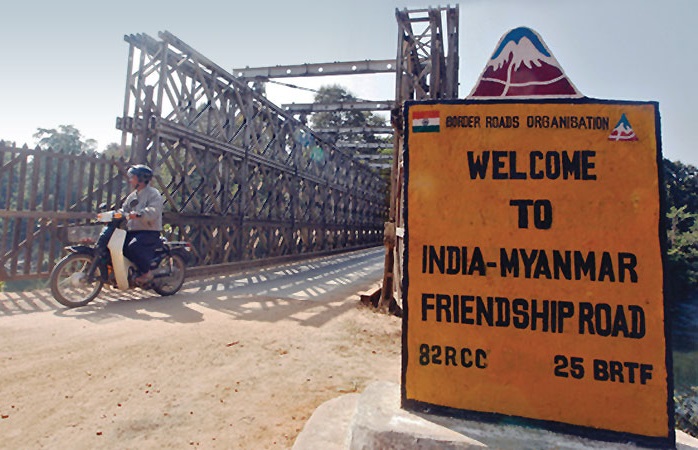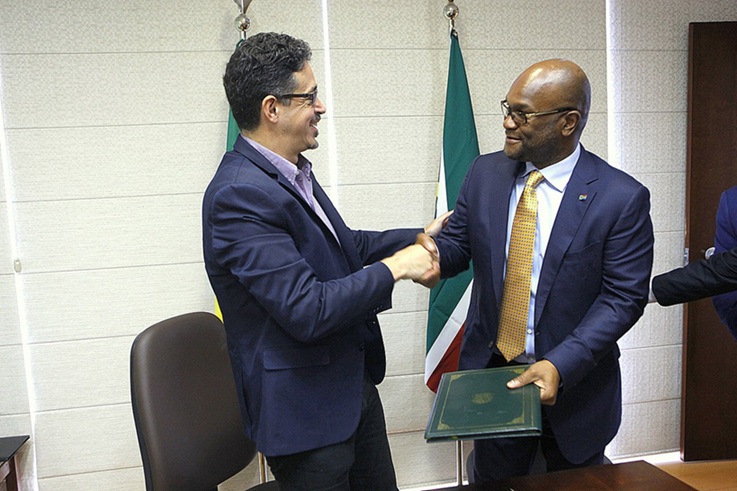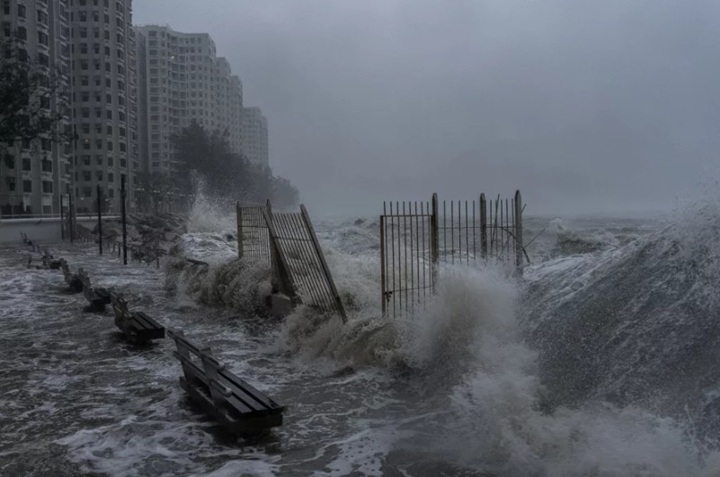In a bid to curb smuggling and illegal activities, India is set to embark on a monumental task: fencing its 1,610-km (1,000-mile) porous border with Myanmar. This ambitious plan, expected to be completed within a decade, comes with a hefty price tag of nearly $3.7 billion.
The decision to fortify the border follows New Delhi’s announcement earlier this year to end a longstanding visa-free movement policy with Myanmar for border citizens. The move is not only aimed at bolstering national security but also at preserving the demographic structure of India’s northeastern region.
A government committee recently approved the substantial cost for the fencing, which now awaits approval from Prime Minister Narendra Modi’s cabinet. The prime minister’s office and key ministries, including home, finance, foreign affairs, and information and broadcasting, have remained tight-lipped on the matter.
Myanmar, on its part, has not yet commented on India’s fencing plans. However, since the military coup in Myanmar in 2021, there has been a notable influx of civilians and troops into Indian states where there are shared ethnic and familial ties. This has raised concerns in New Delhi about the potential for communal tensions spilling over into India.
The porous border has also been blamed for exacerbating the volatile situation in Manipur, a northeastern Indian state that shares a boundary with Myanmar. For almost a year, Manipur has been grappling with a civil war-like situation between two ethnic groups, one of which has ties to Myanmar’s Chin tribe.
In addition to the fence, the committee has approved the construction of parallel roads along the border and 1,700 km (1,050 miles) of feeder roads connecting military bases to the border. The challenging hilly terrain and the need for advanced technology to prevent intrusion and corrosion have led to an estimated cost of nearly 125 million rupees per km, more than double the cost of the border fence with Bangladesh built in 2020.
India’s ambitious border fencing project underscores its commitment to securing its borders and safeguarding national interests, even as it navigates complex geopolitical challenges in the region.
(Source: Mint | Reuters | BBC)









